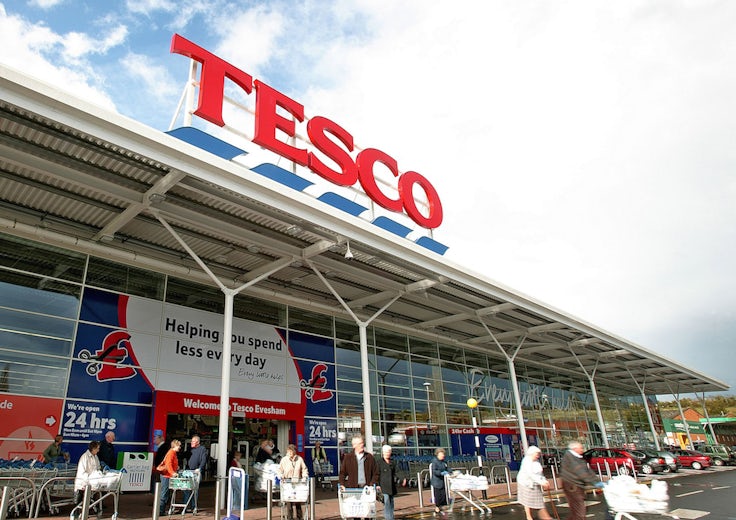Tesco goes after the discounters with ‘pound zones’
In its latest bid to take on the discounters Tesco is launching ‘pound zones’, areas of the supermarket that will offer non-food categories such as health and beauty and pet items for as little as 50p.

The zones are already active in around 60 stores, with plans to increase that to 300, according to The Daily Mail, as Tesco looks to counter the rise of chains such as Poundland and Poundworld. Tesco has also revealed new in-store marketing, including header boards with the name ‘discounter prices’ to tempt people to try out the new areas.
However, analysts have raised concerns over the move, with Planet Retail’s global research director Natalie Berg saying that “trying to become the discounters isn’t the answer”. She adds that any move downmarket will likely open up opportunities for rivals including Sainsbury’s.
Tesco has already announced a multi-million pound investment in lowering its food prices to take on the discount grocers Aldi and Lidl, both of which are seeing double-digit sales growth at a time when Tesco’s market share is declining.
The move comes as Tesco announces plans to launch an own brand smartphone this year following the success of its Hudl tablet, which has sold 500,000 units so far. Tesco chief executive Philip Clarke told the BBC that the smartphone will run Google’s Android operating system and come pre-installed with Tesco services, including its digital entertainment services Blinkbox and Clubcard loyalty programme.
He also said it will be comparable with other smartphones at the higher end of the market, with specifications on a par with Samsung’s flagship device, the Galaxy S5. The Hudl tablet, by comparison, is positioned at the lower end of the market and can be bought for as little as £60 if customers use their Clubcard points.
The next version of the Hudl will be released in September, in time for the crucial Christmas trading period, added Clarke.
Tesco is looking for ways to boost revenues after sales at stores open for more than a year dropped by 1.3 per cent at its core UK business last year. Profits were down 6 per cent to £3.3bn, its second annual profit drop.







